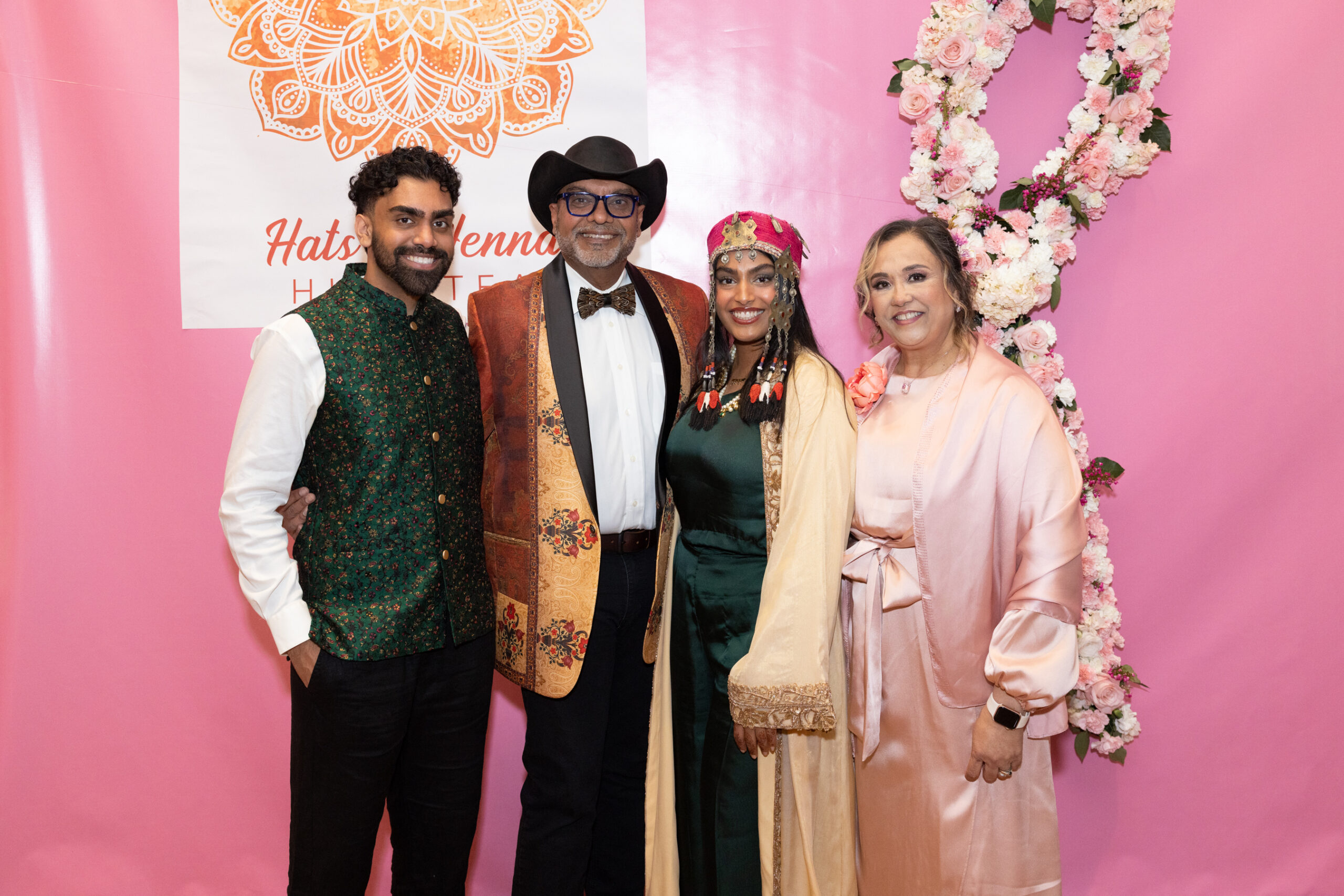In this three-in-one episode, listeners will hear about Ashma Khanani-Moosa’s battle and victory against breast cancer and how her resilience is mirrored by her husband, Dr. Abdul Moosa, and their children, Fatima and Isa.
Dr. Moosa and their children articulate the emotional challenges and strength they discovered alongside Ashma during her fight.
This powerful episode serves as a testament to the far-reaching effects of breast cancer on families facing this challenge together.




